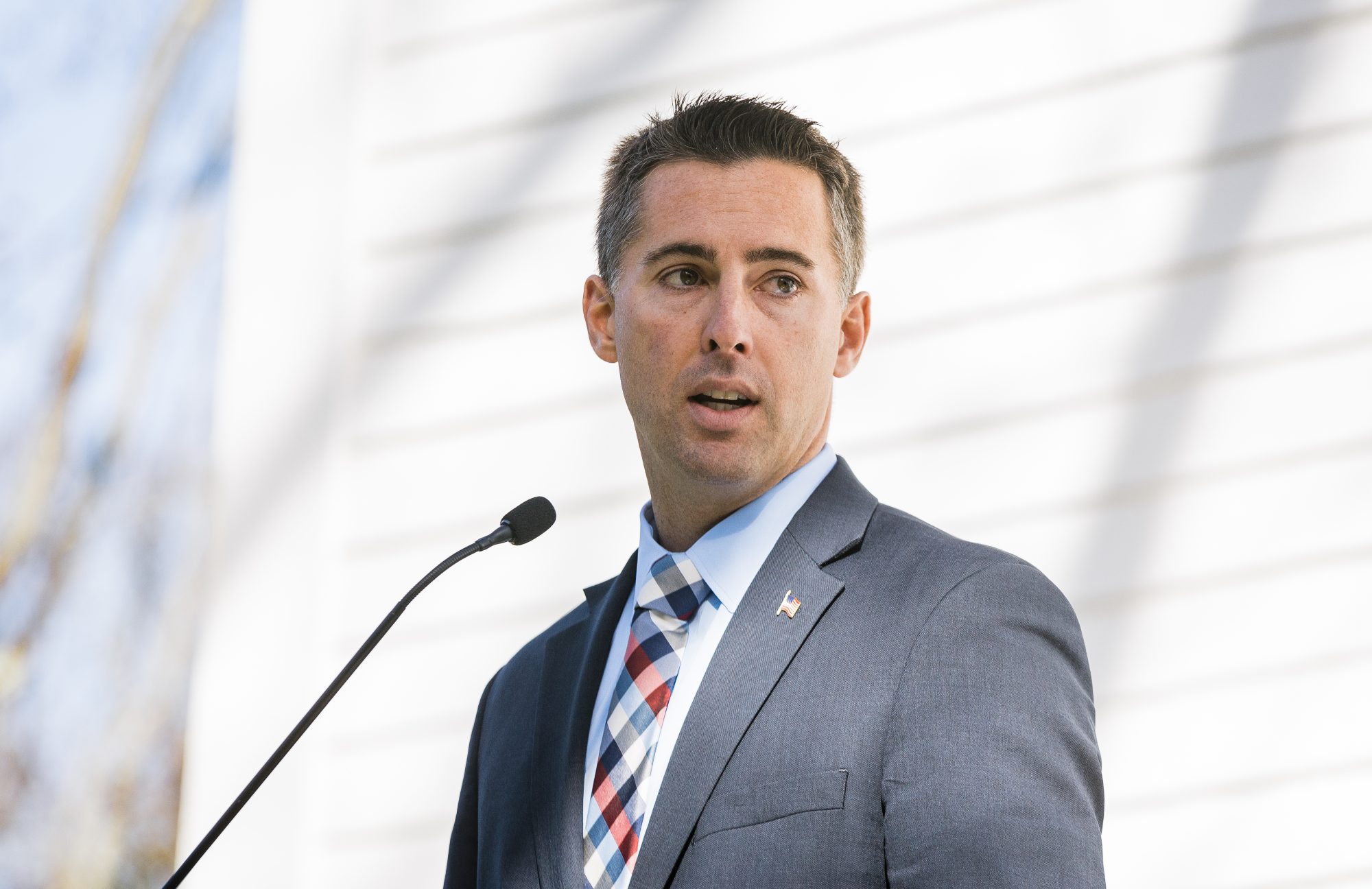State House Minority Leader Bradley H. Jones Jr., state Sen. Brendan Crighton, and state Sen. Joan Lovely expressed their support for new legislation that seeks to provide financial relief to residents and businesses in Massachusetts.
The central aim of House Bill 4104 is to phase in a series of tax reforms during the next few years. The reforms are expected to deliver $561 million in savings to taxpayers during the current fiscal year and an estimated $1.02 billion in savings once fully implemented by 2026. The legislation includes provisions designed to benefit a wide range of constituents, including seniors, families, renters, commuters, and businesses.
Gov. Maura Healey signed the bill into law on Wednesday after it was approved by both houses of the state legislature last week.
“We are thrilled to deliver on our promise to pass tax cuts that will result in real savings for the people of Massachusetts, including the country’s largest child and family tax credit that will go back in the pockets of parents and caregivers,” Healey said in a press release. “Everywhere we go, we hear about how people are struggling to keep up with the rising cost of living. This tax package delivers savings for those who need it most, while making long overdue changes that will better allow Massachusetts to compete with other states.”
Lovely, whose district includes Peabody, said that the legislation will support Massachusetts residents and “safeguard our Commonwealth’s future” in a statement.
“This proposal provides much-needed tax relief to our residents, families, and seniors, including important measures to boost housing production,” Lovely said. “For Massachusetts to succeed, we must continue to make it a place where people can sustainably work and live.”
One part of the tax package is an increase in the child and dependent tax credit, which is designed to provide assistance to families grappling with the rising costs of child care and housing. It will be raised from $180 per dependent to $310 for 2023, and to $440 permanently in 2024.
A press release from Healey’s office described it as “the most generous universal child and dependent tax credit in the county.”
The legislation also raises the estate-tax threshold from $1 million to $2 million, with the intention of shielding a larger portion of family assets from taxation.
Seniors will see their Senior Circuit Breaker tax credit doubled from $1,200 to $2,400. According to the Department of Revenue’s usage report figures, 269 Lynnfield residents claimed the Senior Circuit Breaker tax credit in 2021, receiving an average of $1,069 in credit.
“Raising the rental-deduction cap and expanding the child and dependent tax credit will help families who are struggling with high housing and child-care costs,” Jones, whose district includes Lynnfield, said. “I’m particularly pleased that this bill assists our seniors living on fixed incomes by increasing the base credit on the Senior Circuit Breaker tax credit, raising the estate-tax threshold, and eliminating the ‘cliff effect’ so our older residents can continue to live in the communities where they have established roots and raised their families.”
According to Crighton, whose district includes Lynn, Lynnfield, Marblehead, Nahant, Saugus, and Swampscott, House Bill 4104 also paves the way for economic growth while supporting local businesses. The legislation authorizes a reduction in the short-term capital-gains tax rate from 12% to 8.5%. It also introduces a single sales factor for companies beginning Jan. 1, 2025 to incentivize economic expansion and bolster Massachusetts-based businesses.
“This legislation not only provides much-needed relief to working families and seniors, but also encourages economic growth and investment in our communities,” Crighton said in an official statement. “Additionally, as our residents continue to face some of the highest costs of housing in the nation, we included targeted investments to lessen that burden and to make Massachusetts a more affordable place to live.”

